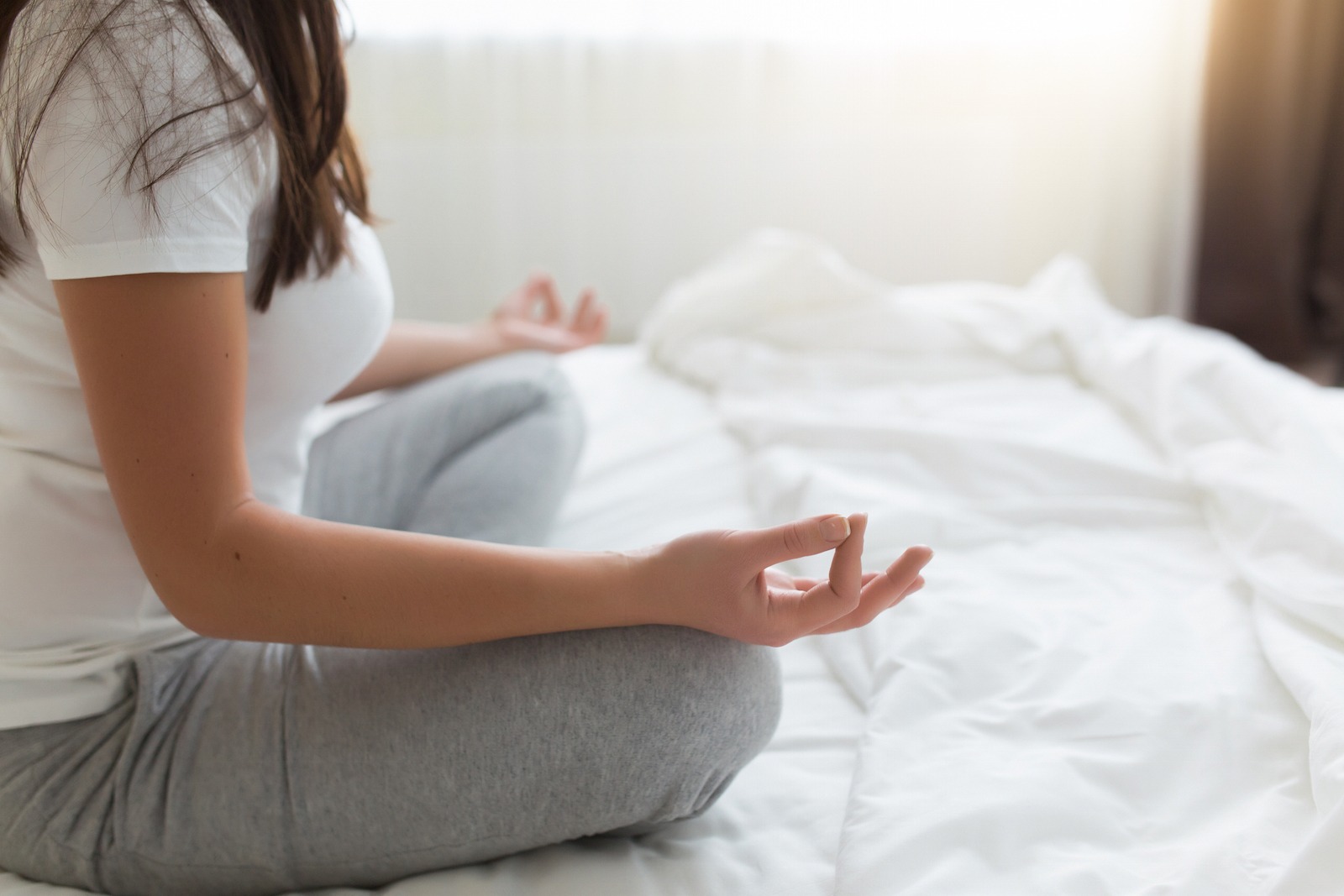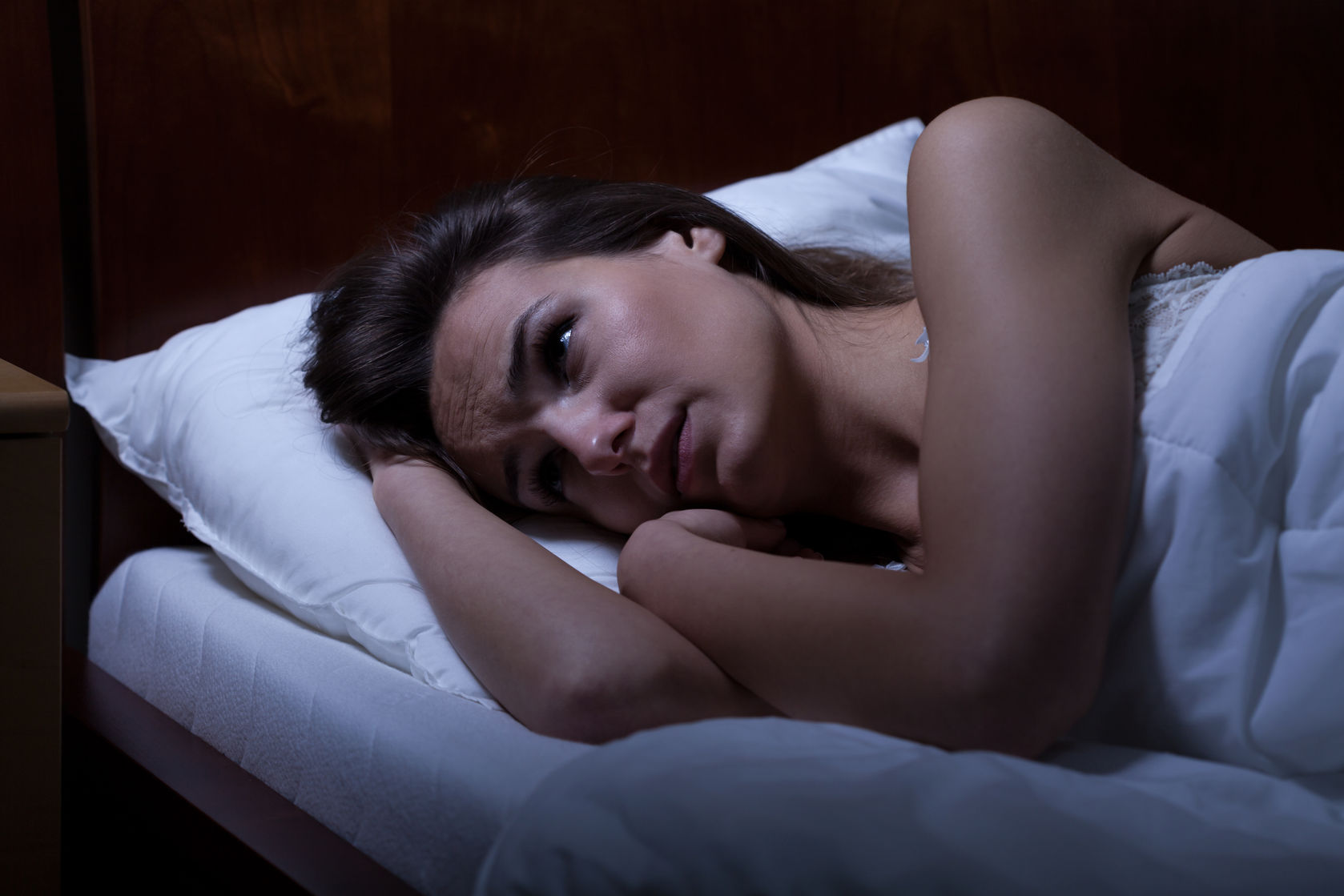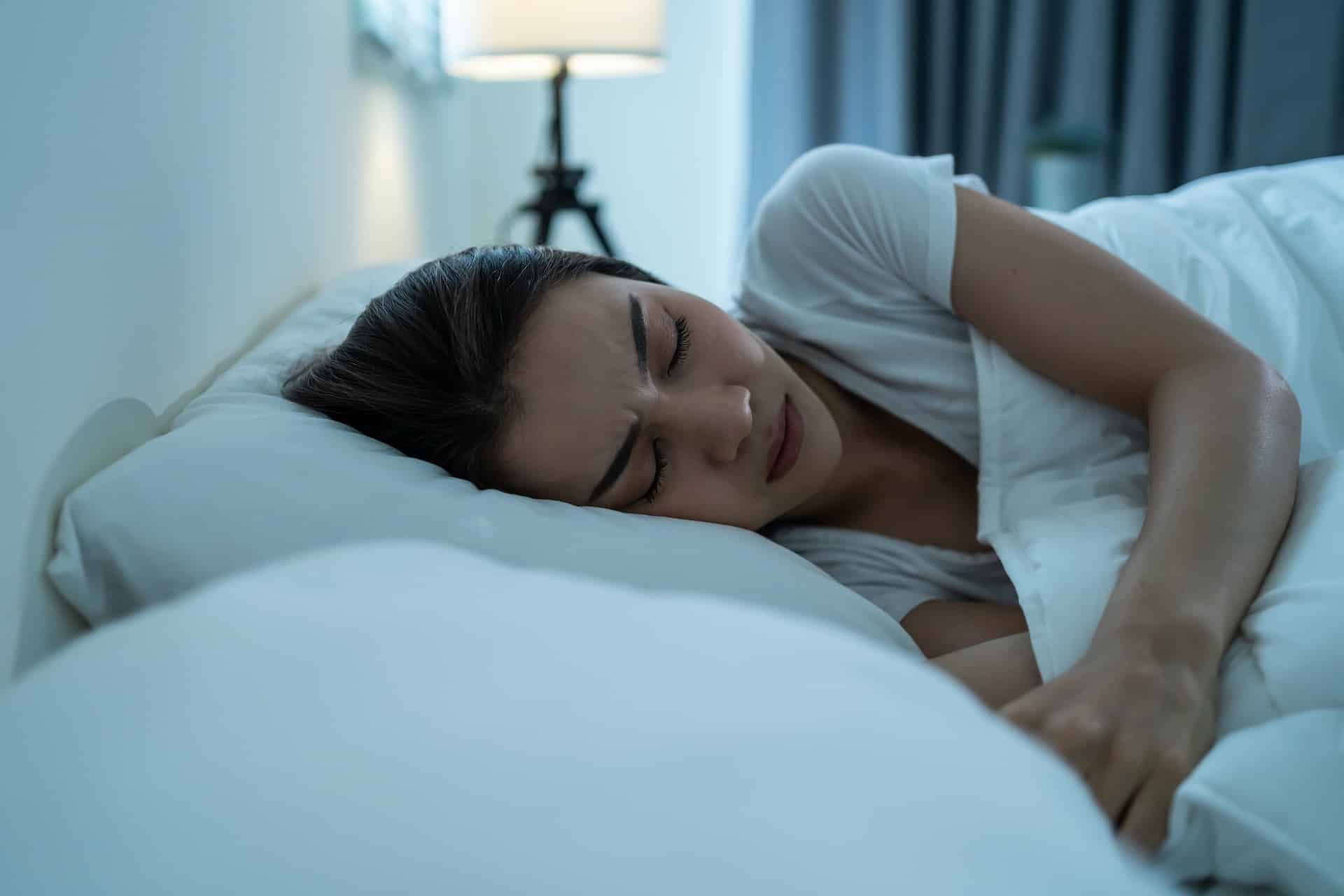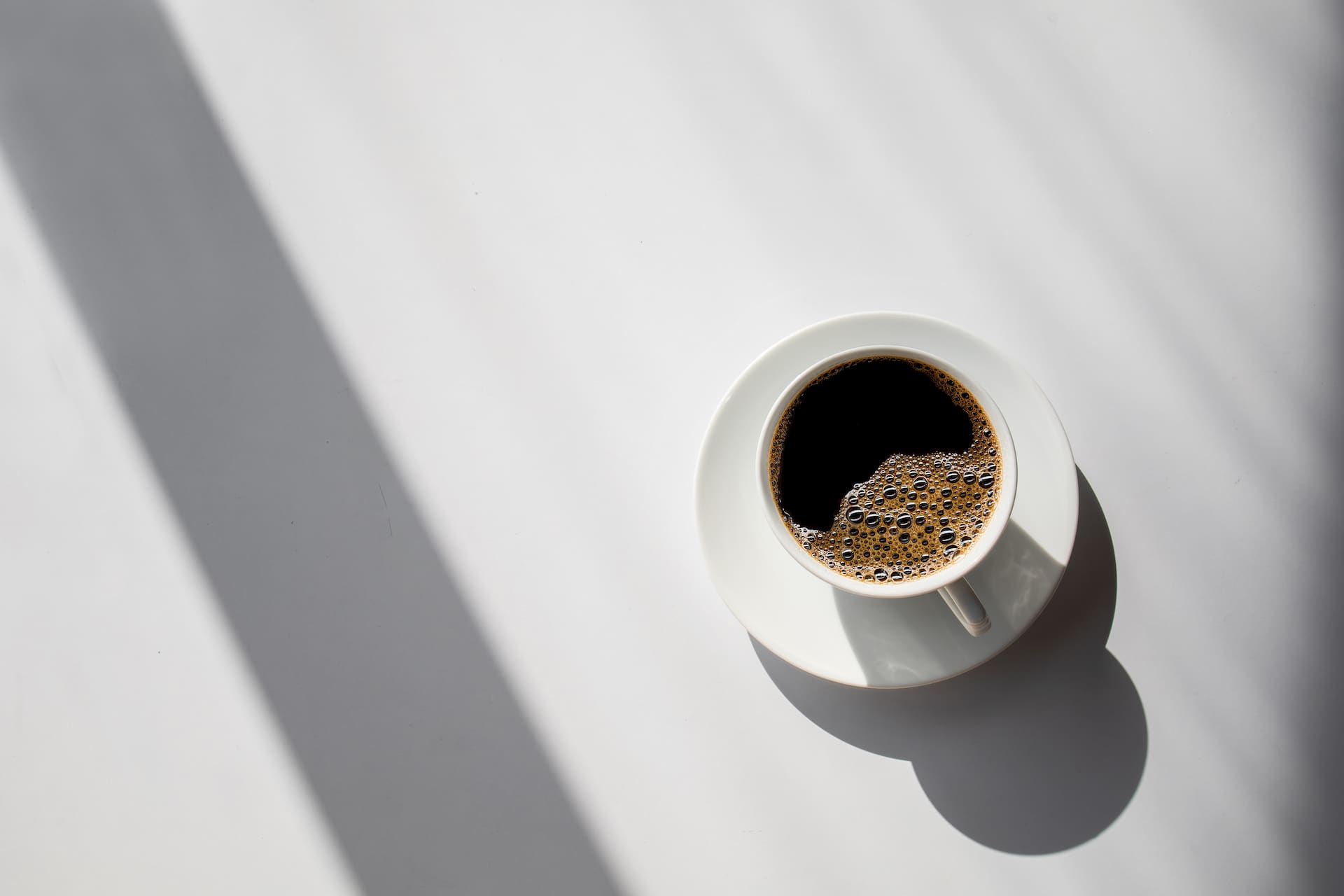 Beauty & Self Care
Beauty & Self Care  Sleep Deep
Sleep Deep  Sleep Science
Sleep Science  Sleep Tips for Better Sleep
Sleep Tips for Better Sleep
Will CBD Really Help You Sleep Better?
Home » Sleep Deep » Will CBD Really Help You Sleep Better?
Five years ago it would have been hard to find someone who knew what CBD stood for. Today, it’s hard to finish a conversation without someone telling a story about how it’s helped them.
One of the biggest claims: It improves sleep. So, if you’ve been tossing and turning most nights, should you try it?
CBD Refresh
First, a quick refresher: CBD stands for cannabidiol, and it’s the non-psychoactive active (AKA it doesn’t get you high, but it does do other things) component in marijuana. It’s also found in hemp, which is how companies can sell it in states where cannabis is not yet legal—they extract it from hemp plants, not cannabis.
RELATED: A Guide to CBD and It’s Potential Health Benefits
CBD belongs to a group of compounds called endocannabinoids, which are involved in regulating pleasure, memory, concentration, appetite, pain, and more. It’s involvement in the body’s endocannabinoid system is where experts think its potential to decrease anxiety and improve sleep stems from.
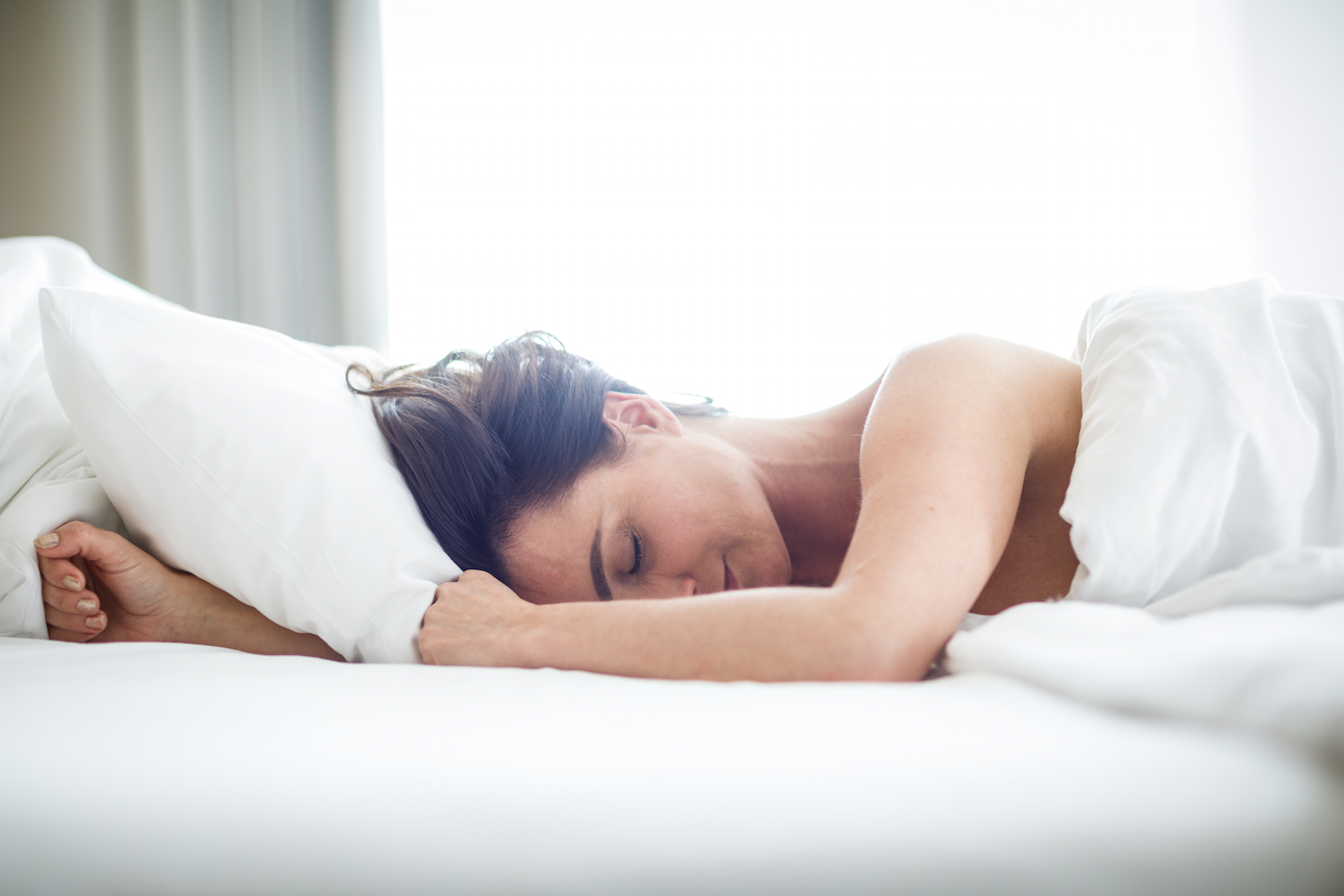
CBD and Sleep
Basically, the endocannabinoid system’s job is to keep the body in a calm, level state, and CBD helps execute that. And since most people can’t sleep because they’re stressed, the results translate into bed. In other words, taking it might slow your whole system down a few notches, so you can shut your brain off and settle into sleep, rather than laying there tingling with thoughts of your to-do list.
Anecdotally, many people report that’s what it feels like. The science, however, hasn’t quite caught up. There are animal studies that suggest CBD might reduce anxiety, and one that showed in some situations, CBD made rats fall asleep faster and increased total sleep time. There’s also limited lab research on showing CBD is associated with better sleep among insomniacs, but it’s far from conclusive.
RELATED: The Nightstand Essentials We Keep Next to Our Beds for Better Sleep
In fact, one recent randomized, double-blind crossover study came to an interesting conclusion when it measured the sleep of individuals taking CBD and a placebo: There were no significant changes found in the sleep cycles of CBD takers and non-takers, and the researchers presented that as a good thing. Why? CBD’s potential for helping people with anxiety and depression is exciting, and most drugs that are currently prescribed for those conditions mess with people’s sleep. CBD, then, could replace drugs that solve one problem while causing another. (Again, this was a small, short-term study, and much more research is needed.) Similarly, CBD has the potential to help people manage pain, and nobody can sleep well while they’re in pain.
In the end, CBD has been shown to be relatively safe in small doses, so if you want to try a couple of drops to quiet your mind before bed, it’s not going to hurt. (Although if you’re on other medications, you should check with your doctor, because it can interfere with some.) The lack of conclusive research is due to laws that prevented scientists from studying CBD for a long time, and it doesn’t mean it’s not effective, it just means there’s a long way to go before we know more. Hopefully, the evidence will start piling up so you can sleep soundly 24-7.
(Photos: Shutterstock)
The Nutritious Life Editors are a team of healthy lifestyle enthusiasts who not only subscribe to — and live! — the 8 Pillars of a Nutritious Life, but also have access to some of the savviest thought leaders in the health and wellness space — including our founder and resident dietitian, Keri Glassman. From the hottest trends in wellness to the latest medical science, we stay on top of it all in order to deliver the info YOU need to live your most nutritious life.
DISCOVER MORE
RECENT ARTICLES

Want a sneak peek inside the program?
Get FREE access to some of the core training materials that make up our signature program – Become a Nutrition Coach.
Get Access"*" indicates required fields
